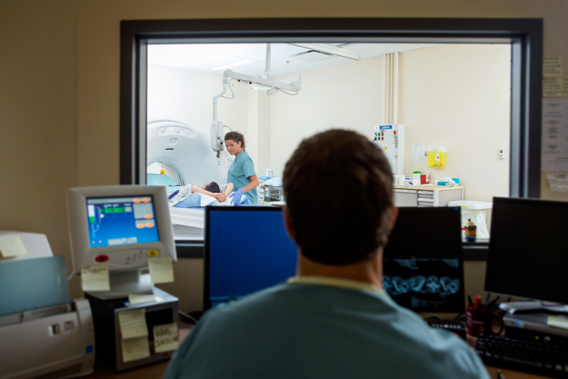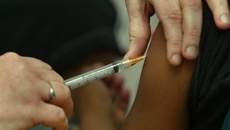
A doctor's association head has urged the public to ask questions during medical appointments to avoid possible failings in both medical professionals and IT equipment after the recent exposure of outdated IT systems in the sector.
This follows allegations the radiology records of a 12-year-old in Hawke's Bay were mishandled due to outdated systems that showed up during the merging of the nation's 20 DHBs into one national entity.
The 12-year-old, who suffered a serious liver injury in a car accident, could have died because an urgent radiology report did not show up in a hospital’s electronic records system, according to documents obtained by the Herald.
Resident Doctors' Association national secretary Deborah Powell said the health sector relies heavily on its IT systems for daily requirements like lab results, referrals between departments and important patient records.
Whilst the systems are out of date, Powell said the situation was made worse by the fact all 20 DHBs used different online systems that were kept up to date at varying degrees - in the Hawke's Bay case the radiology department's systems were simply neglected.
"The other problem we're having, now we're one system, is the DHBs with their systems, they didn't talk to each other - so trying to get a single health record regardless of where you are in New Zealand is a long and slow process because of the 20-DHB, sovereign-state behaviour."

Powell said the outdated system wasn't only present, but noted by the Hawke's Bay DHB. It simply chose not to invest in the IT system in the radiology department, which explained the fallout exposed by the Herald.
"I think sometimes the bureaucrats just don't appreciate how much our clinicians rely on IT now.
"Back in the day it used to be a film, you popped it up on a lightbox and you used to read it. These days everything comes up on the computer so if it doesn't come up, where are you?"
Thankfully, Powell said, in the 12-year-old patient's case the clinician ended up tracking the physical CT result down to ensure the matter was handled as best as possible, which the association executive said meant the system "didn't utterly fail".
But, had the clinician been too busy, they would have simply relied on the result popping up automatically on the screen and the outcome for the patient could have been bad.
Powell described the health sector as having a "Swiss Cheese" model where plenty of safeguards are in place - one of which is clinicians going looking for results themselves. But sometimes, the holes line up and problems can occur.
"If you remember when Waikato had the cyberattack, all our IT systems went down and we had to revert to whiteboards and ordering things on paper...we went back to the dark ages," she said.
"In that scenario, we knew we had no IT systems so we knew we had to use alternatives. The problem with the IT system in Hawke's Bay was the clinician didn't know, so they didn't know to take alternative steps, that is where the risks arrive."
A new department has been recently created within Te Whatu Ora Health NZ called data and digital, its job is solely to focus on the IT side of the sector to ensure the systems are fit for purpose and kept up to date.
A recent project for the department has been to get a single health record service for people up and running, work has been ongoing behind the scenes.
"They've been working away behind the scenes, we'll be getting a report from them shortly about where they're at, what their priorities are," said Powell.
"So from that point of view, we've got good people on to it. But yeah, resources and time are our enemies at the moment."
Asked by Summer Breakfast what patients could do to ensure they don't fall victim to outdated IT systems that could compromise their treatment, Powell stressed the importance of asking questions during clinical appointments.
She said when it comes to radiology, the doctor doesn't end up seeing the results - so asking for the outcome of scans will push them to go and find it themselves.
Powell said asking questions isn't disrespectful but shows medical professionals they're dealing with an engaged whanau that cares about their family member getting the best treatment possible.
"So ask questions, because our system is fallible and quite frankly, doctors are as well."
Take your Radio, Podcasts and Music with you









